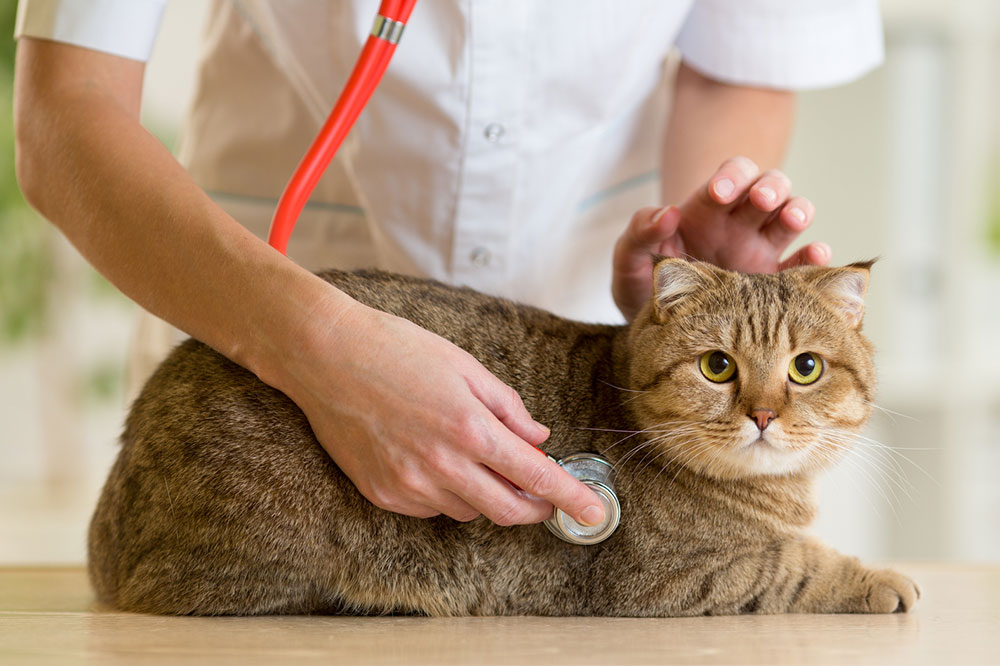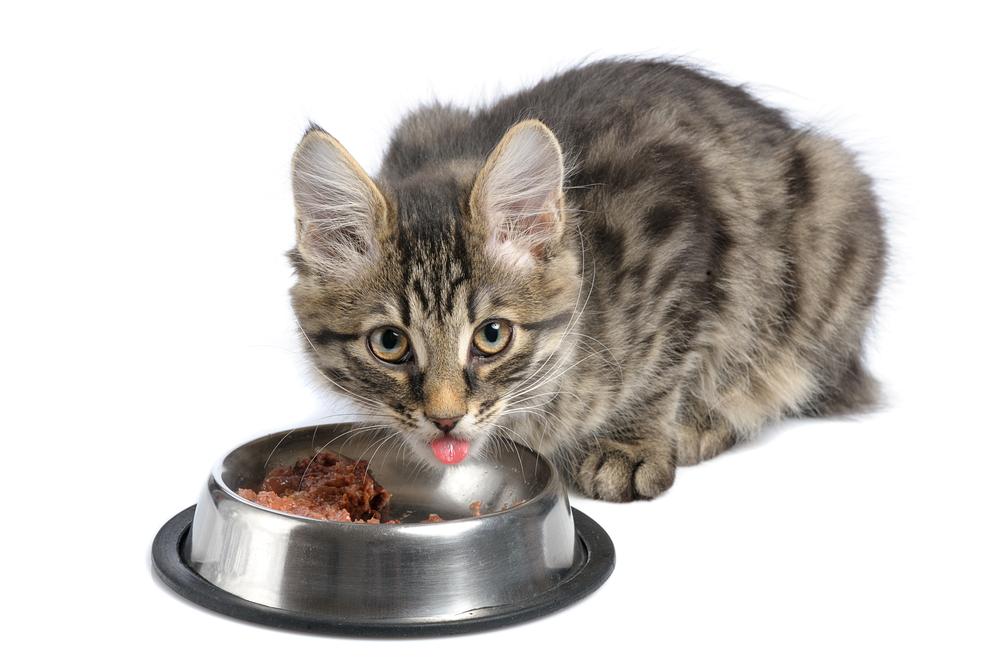6 Common Health Problems in Cats
Many of us have cats at home or know someone who does. They mean the world to us, and we understand how much you love them and care for them. However, our little feline buddies are prone to several different common illnesses throughout their lifetime. Understanding what these diseases are can help you figure out the symptoms correctly and seek medical assistance immediately. Here are six common illnesses occurring to cats.

- Upper respiratory infection
This illness infects the respiratory tract of your cat. The nose, and throat are the most susceptible to the virus. The infection can spread from one cat to another by sharing water and food bowls, sneezing, and using grooming tools. If the cat happens to get infected, it can be a lifelong carrier of the virus. Keeping your cats indoors and refraining your cat from interacting with sick cats can prevent them from getting infected. - Diabetes
Diabetes in cats is caused by a lack of insulin or a lack of response by the insulin in the body. When your cat’s sugar levels are elevated, it results in a condition called hyperglycemia. When it remains untreated, it can lead to greater complications. It is a manageable disorder that can be treated by providing therapy including insulin doses. - Gastrointestinal infection
Gastrointestinal problems are a common illness in cats. They experience diarrhea, vomiting, and constipation. There can be several causes to gastrointestinal infections. Irritable bowel syndrome, intestinal parasites, or even food allergies. If you notice any changes in bowel habits, appetite, or vomiting, make sure you visit the vet immediately. - Intestinal parasite infection
Worms also affect the gastro-instestinal tract of cats. The most common types of worms are tapeworms, roundworms, and hookworms. Tapeworms are large worms that live in your cat’s intestine, whereas roundworms and hookworms are comparatively smaller worms. All of these can cause different symptoms like vomiting, anemia, among others. Protect your cat by restricting their exposure to sick cats or rodents, and if under the threat of worms, seek medical help immediately. - Feline leukemia virus (FelV)
FelV affects the immune system of a cat providing entry to several diseases like kidney diseases, cancer, or anemia. This virus does not exhibit its symptoms during the early stages, and therefore, an infected cat can easily transmit the disease to another cat. It is advisable to test any new or sick feline members for this disease. The virus can be passed via bodily fluids, mother’s milk, and wounds of an infected cat. - Feline lower urinary tract diseases (FLUTD)
FLUTD is the infection of the urethra, which results in irregular urination or blockage. If your cat struggles to urinate, cries, or has visible blood in its urine, you may need to make an emergency trip to the vet. It usually occurs in male cats. It can be cured using anti-inflammatory medicines or even naturally.
Disclaimer:
The content provided on our blog site traverses numerous categories, offering readers valuable and practical information. Readers can use the editorial team’s research and data to gain more insights into their topics of interest. However, they are requested not to treat the articles as conclusive. The website team cannot be held responsible for differences in data or inaccuracies found across other platforms. Please also note that the site might also miss out on various schemes and offers available that the readers may find more beneficial than the ones we cover.




